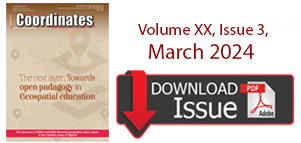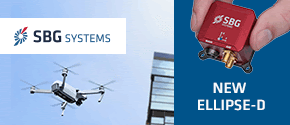Articles in the GNSS Category

Those in the GNSS/PNT community will say it’s because virtually every technology uses GNSS signals, and most depend upon them. When signals are disrupted, something bad could happen.
But how likely is that? What is the risk and are we willing to take it? These are questions that many governments are starting to ask.
Isro develops desi atomic clock, to be used in navigation satellites
In a significant development, Indian Space Research Organisation (Isro) has developed an atomic clock that will be used in navigation satellites to measure precise location data. The space agency currently imports atomic clocks from European aerospace manufacturer Astrium for its navigation satellites.
Tapan Misra, …















 (5.00 out of 5)
(5.00 out of 5)